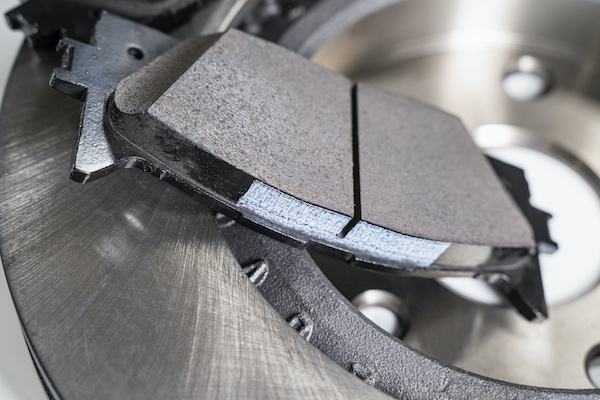
Road safety and well maintained braking systems go hand in hand.
Break failure can cause catastrophic road accidents. Regular brake checks, maintenance and repair, is vital to ensure they function correctly. As an essential car component, there have been significant improvements in the braking system over the years with the development of new technologies that have made advancements in the braking system possible.
The most prominent types of brakes are drum and disc brakes, which differ significantly.
Brake Drums
Although drum brakes still exist in some vehicles today, they were an older version of brakes that features a simple design with low manufacturing costs. They were mainly made from cast iron and functioned by forcing the two arched shoes placed within the drum. Whenever the driver depresses the brake pedal, pressed brake fluid is forced into the drum brake constraining the pistons to press against the drum sides. The friction results in slow spinning of the wheels and eventually brings the car to a stop.
Disk Brakes
Disk brakes are the advanced brakes that feature a significantly improved design. They have brake callipers that clamp brake pads against either side of the spinning disc. The most critical element in a disc brake is that it does not overheat quickly nor loose its stopping power, which explains its popularity among many vehicles.
The differences
Speed: There is no overheating in disc brakes, which makes it a popular type in many vehicles. This is unlike the drum brakes that overheat quickly due to a large amount of heat generated.
Response Time: Drum brakes have a higher response time compared to the disc brakes whose response is a bit slow.
Self-rocking: While drum brakes are naturally self-rocking, disc brakes have never been self-rocking.
Torque transmitting capacity: Disc brakes have a high torque transmitting capacity, which happens in small volumes. The feature is different from drum brakes that feature a less torque transmitting capacity.
Despite the differences, we understand that each car owner chooses a specie brake type depending on their car and other preference. Our ASE certified technicians will always be waiting for you for any kind of brake repairs.